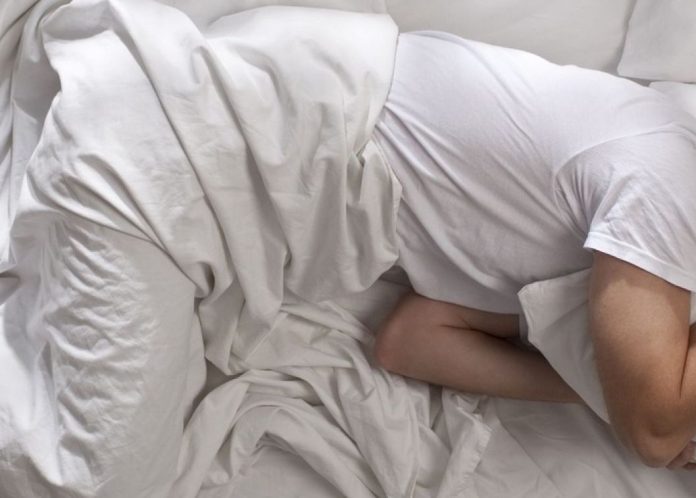Sleep not only protects your memories from being forgotten, it also makes them easier to access, according to new research from the U.K.’s University of Exeter and Spain’s Basque Centre for Cognition, Brain and Language (BCBL). The study suggests that after sleep, we are more likely to recall facts we could not remember while awake.
“Sleep almost doubles our chances of remembering previously unrecalled material,” Dr. Nicolas Dumay, an experimental psychologist at the University of Exeter and an honorary staff scientist at BCBL, said in an Exeter news release.
For the study, Dumay and his colleagues gave participants a list of made-up words such as “frenznik” and “caravoth” to learn and asked them to repeat the words immediately following exposure to the list. Participants were then split into two groups: one that slept for 12 hours and one that stayed awake for 12 hours.
The critical distinction the investigators were looking for was between the words participants could recall at the immediate test and 12-hour retest, and those words not remembered at the test, but recalled at the retest following the 12-hour interval.
The research team found that the “sleepers” were much better at recalling the made-up words than the group that remained awake. This finding – that sleep helped rescue unrecalled memories, making them sharper and more vivid – is at odds with previous studies that argue sleep only protects against loss of memories.
“The post-sleep boost in memory accessibility may indicate that some memories are sharpened overnight. This supports the notion that, while asleep, we actively rehearse information flagged as important,” Dumay explained in the news release.
Dumay theorized that sleep makes it possible to regain memories that have become dormant over time, and that this ultimately prevents memory loss. He suggested that the memory boost comes from the hippocampus region of the brain deep in the temporal lobe. Dumay believes the hippocampus “unzips” recently encoded events and replays them to the regions of the brain that originally captured them. This, he said, would lead us to effectively re-experience the major events of our day.
Dumay agreed with other health experts who noted that there is more work to be done to learn how to harness the brain’s ability to “rehearse information” while we sleep. The idea that memories could be sharpened overnight and made more accessible has yet to be fully explored, he acknowledged.
“More research is needed into the functional significance of this rehearsal and whether, for instance, it allows memories to be accessible in a wider range of contexts, hence making them more useful,” Dumay said.








